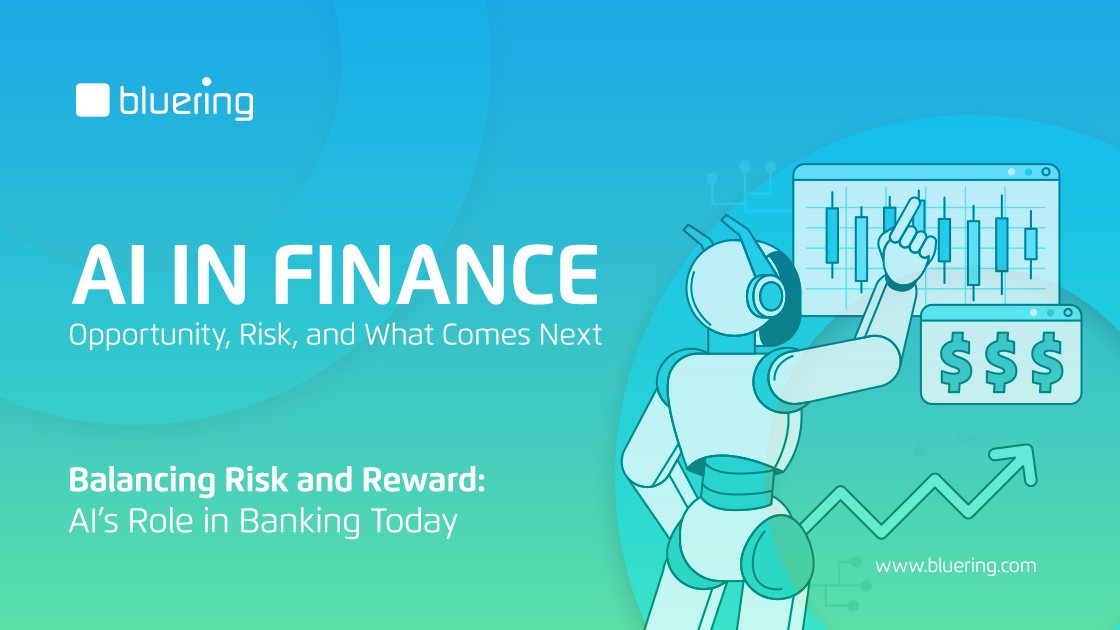July 1st, 2025
2-Minutes Read
Artificial Intelligence is increasingly at the core of banking and finance—transforming operations, client service, risk management, and more. But its rapid adoption also brings complex challenges. Here’s an updated look at AI’s benefits and pitfalls in the sector.
Advantages of AI in Finance
1) Enhanced Fraud Detection & Efficiency:
Banks like J.P. Morgan and Mastercard leverage AI to detect anomalies and fraudulent transactions in real time—reducing false positives and potentially saving billions annually . AI systems improve monitoring capabilities, allowing financial institutions to uphold trust and security.
2) Smarter Compliance & Risk Management:
Generative AI assists banks in creating Suspicious Activity Reports (SARs) and dynamically updating customer risk profiles. McKinsey notes its potential to automate compliance and accelerate decision-making.
3) Personalized Customer Experience:
AI-powered “next-best-action” tools aid customer service and product recommendations, enhancing satisfaction. Just like virtual concierges or chatbots, these systems improve efficiency and client engagement.
4) Cost Savings and Productivity Gains:
McKinsey projects generative AI could unlock up to $340 billion in annual savings for banking by reducing manual workloads and improving productivity.
Risks and Challenges
1) Data Privacy & Governance:
A recent survey highlights critical gaps in AI governance; only 18% of financial firms have adequate oversight, risking data misuse and breach.
2) Model Bias & Fairness:
Brookings reports AI may inadvertently perpetuate bias—e.g., unfair credit outcomes for protected demographics. Addressing bias requires transparency and careful model monitoring.
3) The “Black Box” Problem:
Opaque AI models can make it hard to explain decisions—an issue regulators and executives alike are concerned about. Explainable AI (XAI) is a growing need.
4) Rising Fraud Threats from AI:
AI-driven deepfake scams are increasing losses, with the FBI reporting over 880,000 fraud incidents and $12.5 billion in reported losses in 2023. Institutions must balance AI adoption with new fraud defenses.
5) Implementation Complexity:
Deploying AI requires investment in people, technology, and governance. Many firms struggle with data readiness and internal expertise.
Conclusion: A Balanced Approach
AI can be transformative, helping institutions detect fraud, streamline compliance, personalize services, and cut costs. However, responsible deployment is crucial. Financial institutions must invest in:
– Robust governance and oversight
– Explainable, bias-aware AI models
– Data privacy safeguards and ethical use policies
– Continuous fraud monitoring and proactive defense
By taking a balanced and principled approach, AI can be a powerful enabler—elevating banking performance while protecting trust and integrity.
